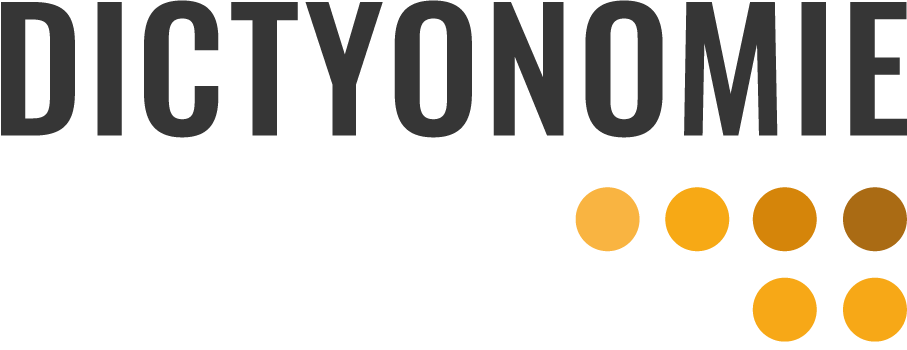In 2012, a team of researchers from the University of Florence led by psychologist Tessa Mari discovered that we have a kind of inner secret service that helps us to assess our counterpart in a split second when we meet other people: Our own secret service analyses what potential danger the other person poses, or how trustworthy he or she is. A psychologist from the USA, Alexander Todorov, found that in the same lightning-fast assessment process we classify the other person in terms of his or her social status: Is he superior to us, can he bring us advantages, dangers?
We adapt our behaviour according to the result of these calculations: Either in the direction of the expectation of advantage, then we open up, or in the direction of the expectation of danger, then we close ourselves off.
This ancient programme has been running the same way for thousands of years and starts automatically in every situation in which we encounter other living beings (be they humans, animals or aliens). In the past, this was important for survival, but today this programme mostly has social functions: We constantly calculate whether our counterpart could take something away from us (e.g. time, nerves, money, other resources) or perhaps benefit us (e.g. social status, money, sex, contacts).
If we believe that someone will benefit us, we trust more quickly, open up, willingly disclose information, allow closeness. We are more willing to invest in a relationship.
So if we can make people immediately sense usefulness when we meet them, it will be easy for us to build relationships with them. To make people believe that you bring value, the most effective way is to bring real value. And do it consistently, on a regular basis.
The easiest way to do this is to train yourself to sense the needs of those around you. In conversations, try to find out where the other person has a problem, a deficit, a longing. Think about whether you might be able to contribute to solving this problem. This inner attitude radiates. If you are open, the other person will relax. If you enter encounters with a genuine willingness to help, the other person will feel it.
Moreover, people who have an altruistic attitude are considered to be socially superior. Those who can give are obviously wealthy.
The practical thing about this is that the inner assessment process takes place unconsciously and uncontrollably. People cannot resist finding you likeable when you offer them help.
So train yourself to be genuinely helpful in every situation. Helping others benefits you the most in the end.


